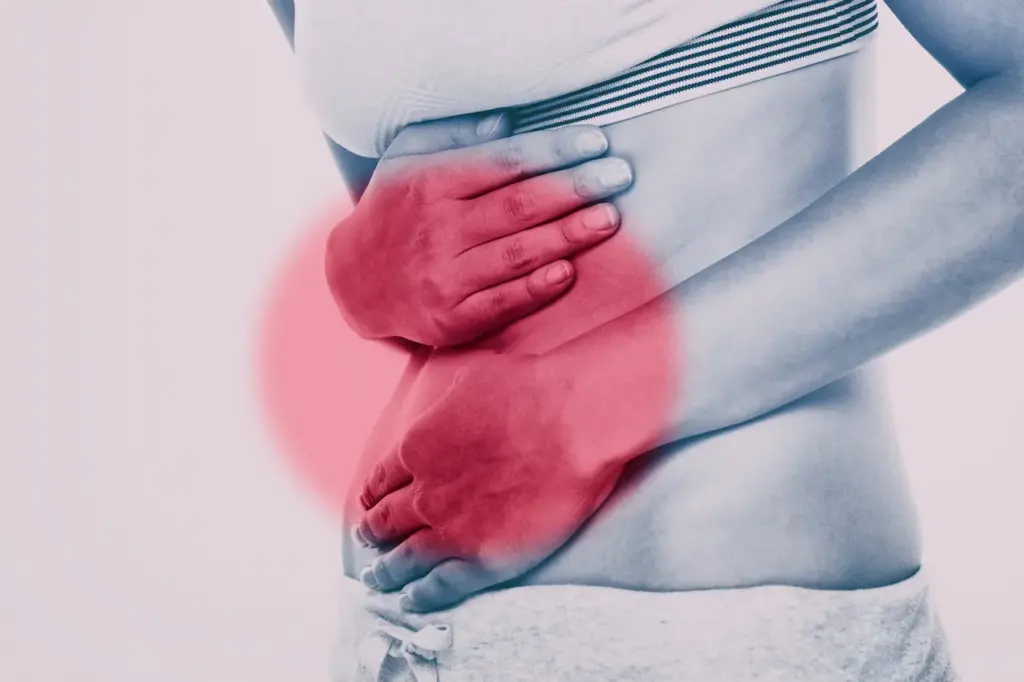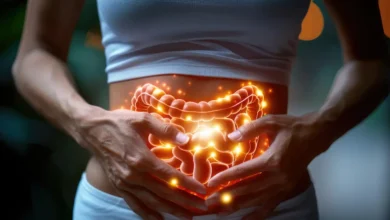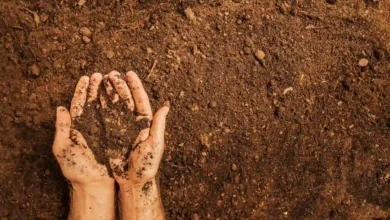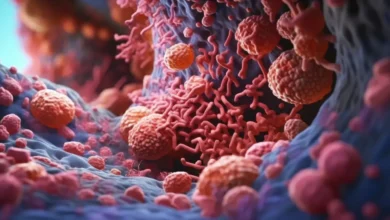Gut-Brain Treatment Goes Viral
Gut-Brain Treatment Goes Viral & How Viruses Can Be Used
Gut-Brain Treatment Goes Viral & How Viruses Can Be Used To Combat Stress.
Gut-Brain Theory–how bacteria can affect the brain, and vice versa — now has a new actor. Add ten times more viruses to the 30 trillion bacteria that live in our gut. This is a staggering number of microbes, especially when they are malicious. Many of them are on our side and some even help us cope with stress.
KEY POINTS
- Viruses are able to kill gut microbes and alter them, giving them a powerful grip on the gut-brain connection.
- The transfer of viruses to stressed animals may improve their behavior.
- Viral transplants could be a new form of psychiatric treatment.

“There’s nothing more patient in this world, or any other place, than a virus looking for a host.”
–Mira Grant, Countdown
Want To Read More? Learn about L-Carnitine Side Effects
It’s bizarre that viruses so much smaller than bacteria could affect our mood. They could also usher in an era of viral-based treatments to treat both mental and gut issues. The secret is in the brutal relationship between viruses and bacteria.
We are familiarized with the viruses that are attacking us. They can also attack bacteria. They are known as bacteriophages or phages. Phage is Greek for “devourer”. It’s a mistake to call them phages, because they don’t eat anything. They are far more dangerous to a bacterium.
Phages are neither dead nor alive. They wait patiently to find a bacterial host. They inject their gene in the bacterium, and then hijack its reproduction machinery to create hundreds of viruses. The bacterium’s body is soon stuffed with phages. They can’t be contained for long, so the bacterium erupts and spreads phages all over.
It is bad news for the bacteria, but good news for us when it comes to a pathogen that causes disease. In this case, the phage becomes a hero, as it kills specific pathogens while leaving unharmed beneficial bacteria.
Phages are quite particular. They only focus on a single type of bacteria. This makes phages an excellent treatment for bacterial infections, which we have known for more than 100 years.
In 1919, phages were used to treat avian Typhoid. Within a few short years after the discovery of anti-biotics, phages were available.
Phage treatment is superior to antibiotics in many respects. Since they multiply and grow as long as the desired host is present, one dose is enough. The bacteria are thorough and kill every host they see, but also disciplined to avoid any other bacterial species. When the job is complete, they are simply passed out of system where they continue to patiently wait for their next unwitting victim.
There is another side of phages, but this being biology. They can also settle down in a quiet place without causing any damage. Prophages are a type of bacterium that combines viral genes with bacterial genes. The prophage gene is also copied and transmitted to daughter cells when the bacteria divides. These are not cute, but they can trigger at any time to go into their killing phase.

Researchers from University College Cork, led by John Cryan and Ted Dinan with Nathaniel Ritz as co-authors, have demonstrated that phages alter stress responses in mice. They first overcrowded the mice to create a stress environment. This caused a measurable change in the mice’s behavior, hormonal levels and immune factors.
Stressed mice can become antisocial, and even freeze like deer in headlights. If this sounds familiar, that’s because people tend to behave similarly under stress.
To see if the phages would improve the situation of these mice that were crowded, they collected some fecal granules from mice who were happy and not stressed. The phages were extracted from the poop by filtering it. They then gave the phages back to the mice. The mice who received the phages showed a marked reduction in stress, both biologically and behaviorally. The mice were restored to their pre-stressed condition, with lower levels of anxiety as well as depression.
How does it work? The exact mechanism is still unknown, but the ability of the phages kill pathogens or radically change the bacterial environment is likely a factor.
Gut-Brain Treatment Goes Viral Summarry
The research is still in its early stages. It is still too early to determine the exact phages which are reparative. Of course, mice do not represent people. Our bacteria differ from those of these small mammals. This suggests that the virome, a collection of viruses found in our guts, could be a modifiable factor to help us cope with stress. It may also lead to therapies that are customized for individual patients.
Even the smallest amount can help to reduce stress in modern life.
Gut-Brain Treatment Goes Viral References
Ritz, Nathaniel L., Lorraine A. Draper, Thomaz F. S. Bastiaanssen, Christopher J. R. Turkington, Veronica L. Peterson, Marcel van de Wouw, Klara Vlckova, et al. “The Gut Virome is Associated with Changes in Behaviours and Immune Responses Induced by Stress in Mice.” Nature Microbiology 9 no. 2 (February 2024): 359-76.



